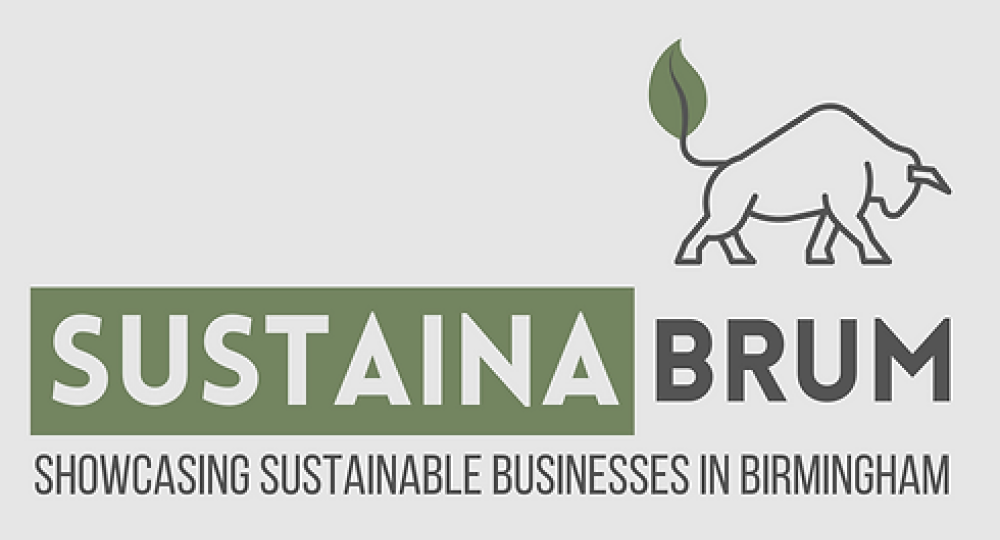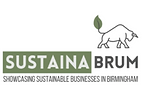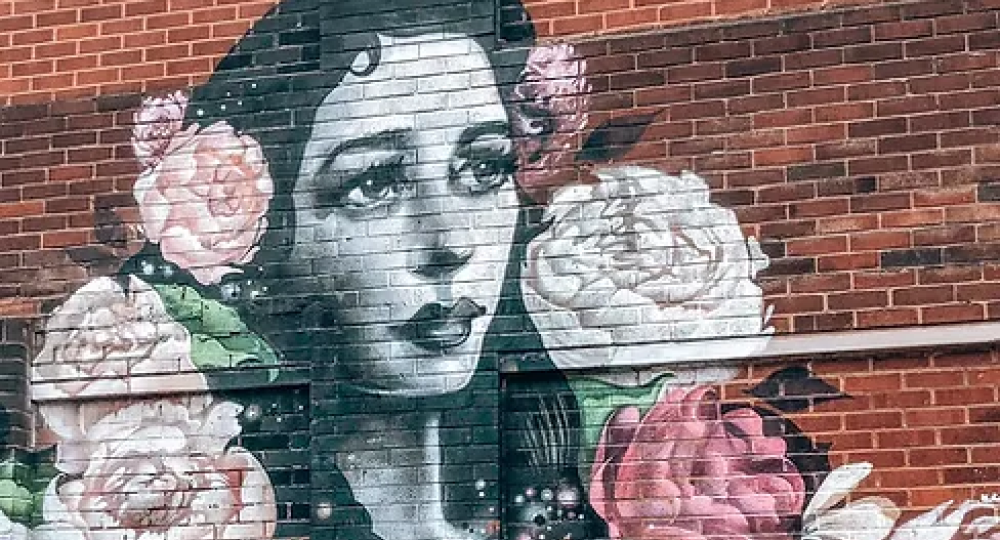
So what is sustainability?
When we talk about sustainability, we typically refer to both environmental and social sustainability, but what do we mean by this?
Environmental sustainability is all about our use of natural resources and ensuring that we protect them for future generations. We rely on the natural environment, and things like climate change negatively impact on our resilience as a human population, and our ability to “sustain” the way we do things.
One big topic that is critical when talking about environmental sustainability is climate change, and the impact that releasing huge quantities of carbon dioxide has had on the earth. It has resulted in increasing global temperatures, which disrupts ecosystems, changes weather patterns (rainfall, droughts, heat waves, hurricanes and tropical storms), and results in rising sea levels because polar ice caps have started to melt. The majority of carbon emissions come from burning fossil fuels, but also from deforestation. This has resulted in many countries, and big corporations, committing to reduce carbon emissions, and becoming “net zero” by 2050.
Forests also absorb carbon dioxide, so deforestation (for example because of land conversion for agricultural activity or urbanisation) is bad news for climate change but is also a problem because it results in species loss. As well as forests, when it comes to sustainability we should also consider air, water and soil, and their pollution or overuse.
Social sustainability, on the other hand, is all about how businesses treat the people and communities that they touch, and can include ensuring safety at work, good health and wellbeing, making sure workers receive a living wage, and championing equality, diversity and inclusion.
So being sustainable really means considering the impact that we, as individuals, a society or a business, have on the natural resources and people that we rely on, to ensure we are protecting, rather than exploiting, them.
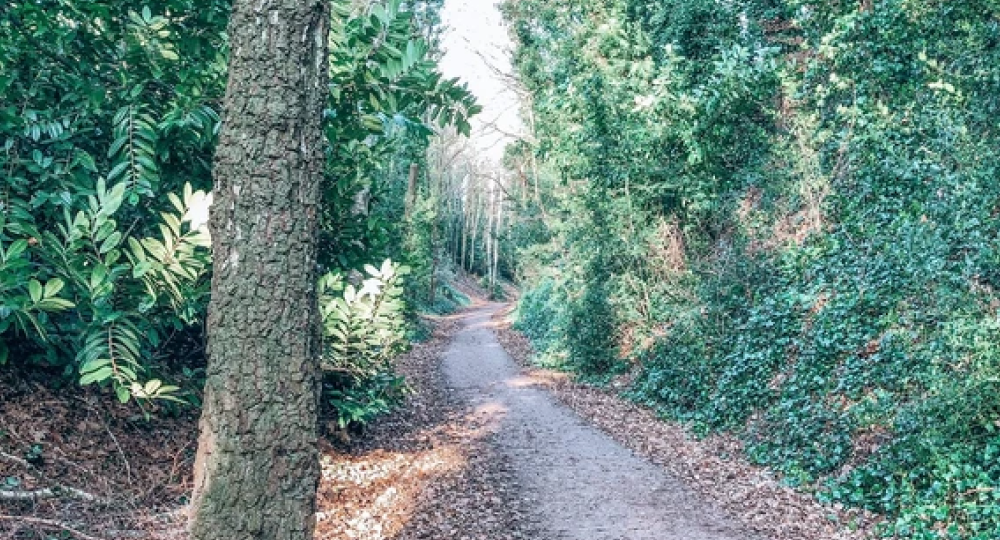
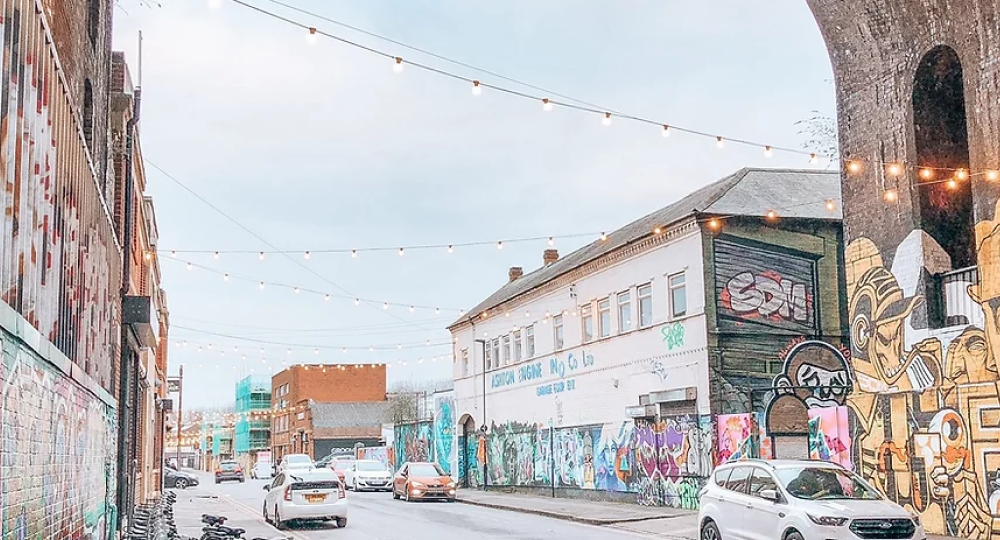
Whilst this can feel like a huge topic, with massive impact, there are many ways that the businesses we use can start to be more sustainable, including:
- reducing waste
- avoiding single-use plastics
- using recyclable materials
- recycling or reusing where possible (for example using reclaimed materials or upcycling)
- sourcing local ingredients
- sourcing in-season ingredients
- sourcing sustainable ingredients (for example Fair Trade)
- sourcing organic ingredients
- improving energy efficiency
- buying green energy
- buying from suppliers who ensure workers are treated fairly
Especially for small businesses making changes to be more sustainable requires a lot of planning and huge commitments, so we will showcase businesses that are doing their best – perfect is the enemy of good enough for now, and we want to celebrate all the successes, and commend the continual improvements in the way they do business.
Sustainability also incorporates a lot of different, sometimes contradictory, issues, and there isn’t one magic bullet (for example, reducing or changing packaging could result in increased food waste), and so we have no blanket rules for being part of SustainaBrum, but instead try to take a holistic approach.
